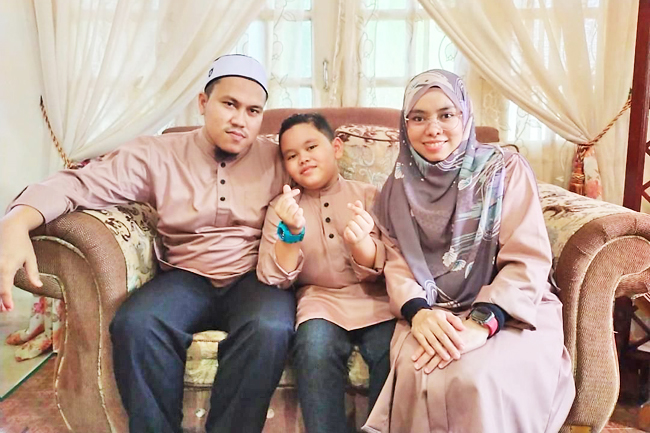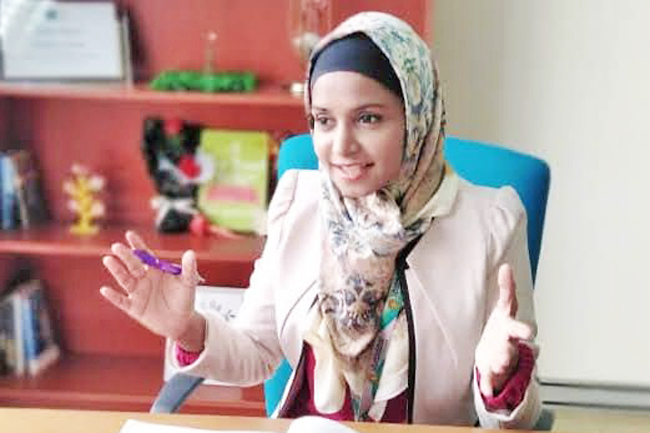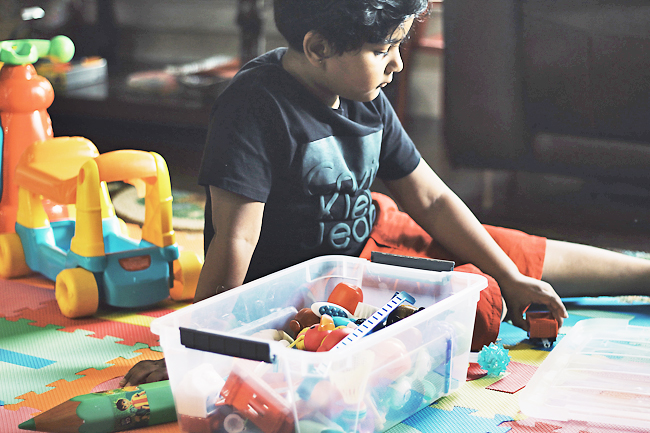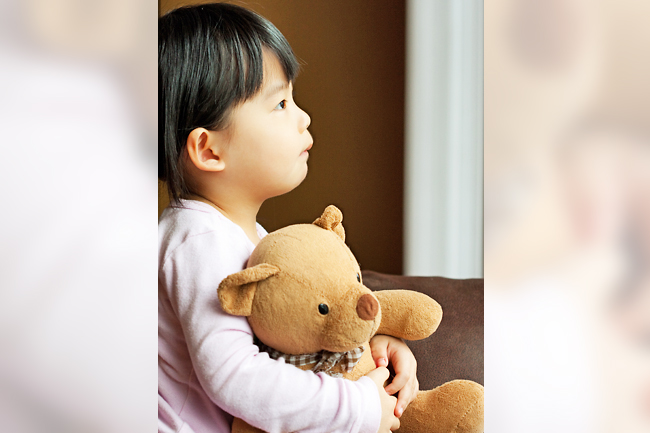ANN/THE STAR – From a cultural standpoint, being an only child carries certain perceptions, notably that the child may be spoiled, lack social skills in group settings, and struggle with resilience in life’s challenges.
Austrian doctor and psychotherapist Alfred Adler, who pioneered individual psychology, termed an only child a ‘miracle baby’ due to the undivided attention they receive from both parents. Adlerian theory suggests that this exclusivity might result in the child being spoiled, akin to the youngest sibling.
Clinical psychologist and lecturer Dr Pamilia Lourdunathan, noted that being an only child could inadvertently lead to an indulgent upbringing by parents, as they don’t have to share parental focus with siblings. Consequently, the only child may face difficulties in sharing attention and possessions as they mature.
Despite these challenges, the only child often demonstrate maturity beyond their years, likely due to growing up surrounded by adults rather than siblings, adopting adult-like speech and behaviour.
For 11-year-old Muhammad Aisy Rifqie Ahmad Hafizie, who is the only child of Siti Azerah Mohd Yasin, 38, and Ahmad Hafizie Abd Aziz, 38, the desire for a sibling is nonexistent. In fact, he cherishes his family dynamic and expresses no desire for a brother or sister, content with the way his family is structured.




FEAR OF THE INEVITABLE
However, his parents Siti Azerah and Ahmad Hafizie admit that they worry for their only child. “I constantly worry about leaving him all alone. What will happen to him when we are not around? Will he be okay?” said Siti Azerah who comes from a big family of nine siblings.
Last year, the couple had to leave their son at his grandmother’s house in Terengganu for two months when they performed their haj. “It was the hardest decision for us and the saddest moment for our family because we had never been apart before,” said the educational psychology lecturer.
Even though she knew that he was in good and safe hands, Siti Azerah said she couldn’t stop worrying and thinking about him.
“Our constant fear was what if anything happened to him. When he was little, he would have seizures whenever he had high fever. That fear of going through those experiences still lingers,” said Ahmad Hafizie, who is a Maths teacher.
Etienne Cheong, 28, admitted that as the only child, he is the centre of his parents’ attention and he fears the day that he would lose his loved ones.
“I fear losing my family members, especially my parents. This is probably the hardest subject for me to express or think about because I have not experienced it,” said the information technology administrator from Selangor.
As the only child to CL Cheong and SL Hoo, both in their 50s, Cheong said the thought of losing his parents has a big impact on him.
“The older generations in my family are the people I am closest to the most, and knowing that they will eventually move on frightens me ever since I was little. I know the loss will definitely leave a deep, irreparable void in me,” he added.
As “little adults”, Dr Pamilia said it is normal for only children to assume responsibilities and display mature behaviours earlier than their peers, especially when it comes to bonding with their parents.
“The parent-child relationship highlights the evolutionary significance of parents as a secure base for their offspring,” Dr Pamilia said, citing a theory by British psychiatrist Dr John Bowlby. “And this bond is the strongest in only children.”
This closeness, she added, provides a solid source of emotional comfort. It allows the children to explore the outside world with the confidence that there is a warm and caring home they can always return to.
JOY OF SOLITUDE
It goes without saying that being the only child in the family comes with a long list of privileges. “True, the biggest joy is being the highlight of my family and getting everything for myself, without the need to share them with others,” said Aisy Rifqie.
However, he is also quick to point out that the no-sharing policy goes beyond that.
“This includes house chores too. My parents have no one else to ask for help but me. It feels tiring sometimes, but I love to help my mother in the kitchen,” he added.
They may not have many hands at home to help with house chores, but both Siti Azerah and Ahmad Hafizie said they enjoy a more comfortable financial standing with only one child. “It is our biggest joy so far,” said Ahmad Hafizie, “and it is a bliss to prepare almost everything for him, from Hari Raya to school supplies”.
Cheong said being the only child in the family shapes him into who he is today, someone with a lone wolf personality – independent and solitary. But he also agreed that life as an only child has its good and bad sides.
Being an only child, Cheong said, helps him to openly observe and experience a subject through different perspectives.
Thanks to all the focus and attention given to them, Dr Pamilia said only children live in an environment that encourages them to have well-rounded personality.
FILLING THE ABSENCE
Seven years ago, Siti Azerah went through an ectopic pregnancy when she was six weeks into her second pregnancy. It resulted in her right fallopian tube removed. Despite the number of futile medical treatments, the couple has never stopped praying and hoping to conceive again.
“Do I wish for Aisy to have many siblings like I do? Yes, of course. I love being in a big family with all the chaos, laughter and tears, and I want him to experience that too,” said Siti Azerah.
“For now, the only thing we can do for Aisy to experience a big family is by taking him back to our hometown regularly, where he plays a big brother role to his younger cousins,” said Ahmad Hafizie.
Cheong said he understands Aisy Rifqie’s parents’ concerns. “But to be honest, I can’t remember that my parents ever needed to compensate for my lack of siblings. I guess they were all right with having just one child in their family,” he added.
However, he confessed that when he was younger, he was a needy child who thought a sibling would be someone he could enjoy life with.
“That was my opinion then but I moved on as I got older, making a lot of friends along the way. Some are even like brothers and sisters to me,” Cheong said.
While the absence of sibling rivalry can contribute to a more peaceful and harmonious family environment, Dr Pamilia said it does not go without an impact on the only child’s overall well-being. – Zalina Mohd Som


